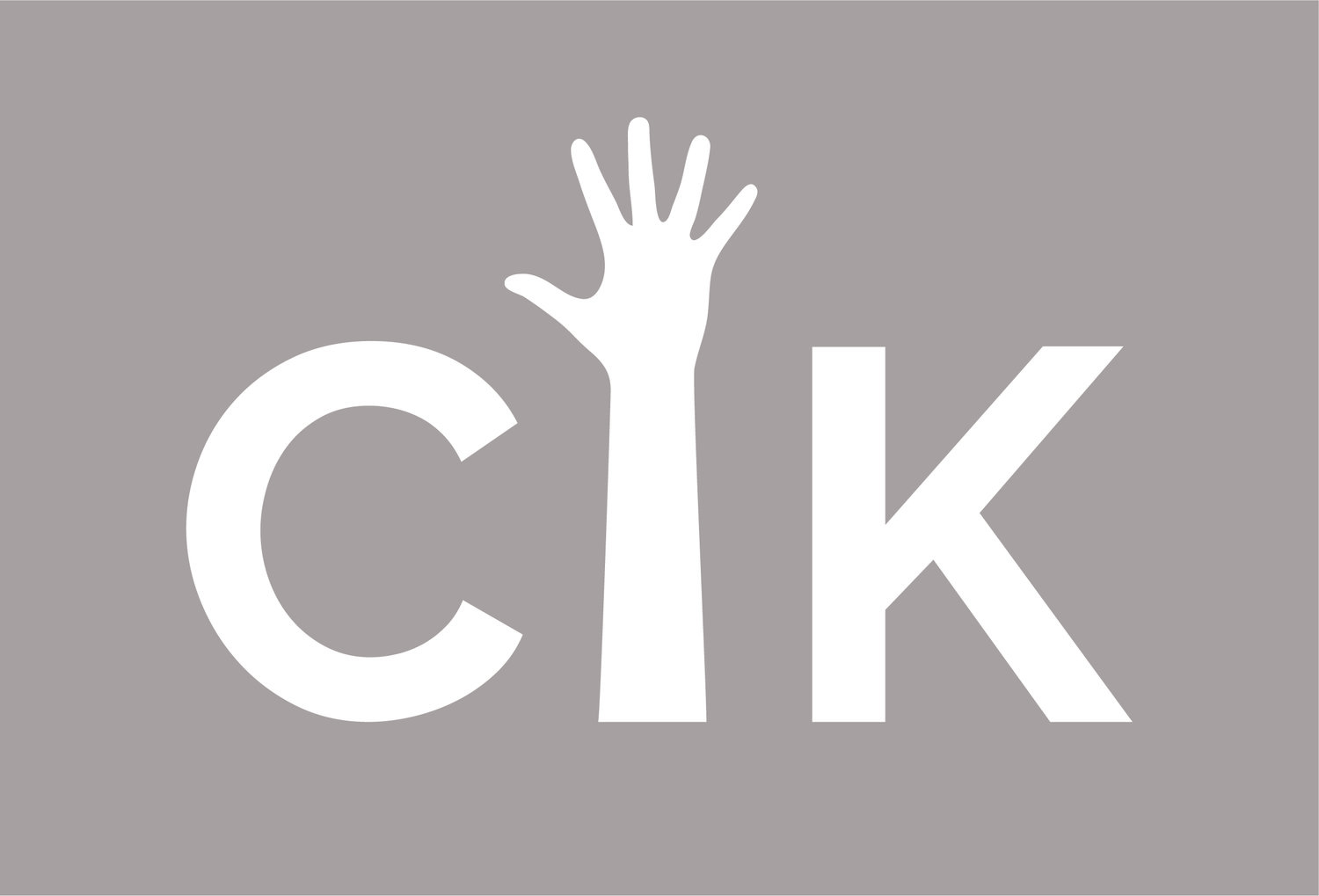If you’re feeling exhausted with all the Zoom meetings you’re logging into but frustrated that you don’t seem to be doing much, you’re not alone.
Talking to a screen is so much harder than talking to a room full of people face to face. Sadly the age of the endless Zoom calls seems to be here so it’s important that we find ways to deal with the tiredness before it overwhelms us completely.
At the beginning of lockdown, it’s safe to say many of us thought working from home would be a cinch. Roll out of bed. Zoom meetings with the boss. Coffee. Zoom meetings to update the team. Coffee. Zoom meetings with clients. Coffee. Zoom meetings to wrap up the day. Wine.
But the reality of presenting into a screen is that it’s draining. Maybe not physically but mentally it can really take it out of you. Why? Because our brains aren’t used to so much direct eye contact. There’s nothing remotely natural about having a screen full of faces staring at us. When we get together with people IRL our faces are never so close, eye contact is much more subtle and we move about to see things from different perspective. It’s a much more normal experience.
Right now, we’re going from meeting to meeting online yet never moving our body. Being so still is not what we’re designed to do.
So what can we do to boost our energy, refocus our thoughts and inject some enjoyment into our days spent online?
GET IN THE ZONE
It might be hard to find a light airy room but that’s what you’re aiming for. A place where there is no interruption from the kids, music interfering in the background, a fan sending papers flying off the table. Natural light is much kinder to us – both for our eyes and our mind. Lots of artificial light can often bring on headaches so find a space with a window and some fresh air. Make sure your chair supports the base of your spine if you’re sitting for long hours and that your feet are flat on the ground and not crossed or twisted. Thankfully a life online means no one can see that you’re wearing your leggings and that’s a good thing. It’s important to dress comfortably so that you don’t feel restricted.
SORT THE TECH
Working from home comes with it’s benefits but with no IT department in the building, tech glitches are not much fun when you’ve got a day of online calls in the diary. Check that your camera is working prior to a conference call (Top tip: always sit with your eyes at the same height as your camera so that you’re not straining to look up or down). Is your Wi-Fi stable and and how is your focus? If you need to wear your glasses make sure you do! And check your lighting. As much as you may want to hide away, people need to see you but make sure your lighting isn’t too dazzling to other people on the call. Try to be the outsider looking in and review your background and set up (do you mind which book they might spot on your shelf and have you left anything out that might be overly personal?).
MOVE
Taking breaks away from your computer is vital. Little and often. Out of every hour, try to move for 10 minutes. It’s not only good for you physically, it’s so important mentally. Stretching your arms and legs wide (like a cat) or reaching towards the sky and taking deep breaths in, are great ways to get the blood circulating and increase the intake of oxygen to the brain. Little sips of water and drinks (ideally non sugared) will help both the voice to not dry out and our cerebellum to stay sharp.
TIME OUT
In between calls make sure you do something else. Don’t hop from one Zoom call to another. Play music, eat well (non starchy foods are best), stay off any screens (including your phone) and try not to drink too much tea or coffee and lay off the chocolate. These dry the larynx and our voice can become scratchy and forced which in turn produces a rough sound.
TAKE YOUR TIME
Being online isn’t natural. We can’t read a persons body language, the presence and personality of the person just isn’t the same and the ambiance of the room is none-existent. So take your time, don’t jump into discussions, listen more whilst agreeing by nodding your head or saying the odd ‘yes, oh, ah, good’ than you normally would. These little responses will put the speaker at ease and validates that you’re engaged and listening. And most of all, make good eye contact and remember that a smile goes a long way!
This blog originally featured in Crave Magazine in June 2020.



